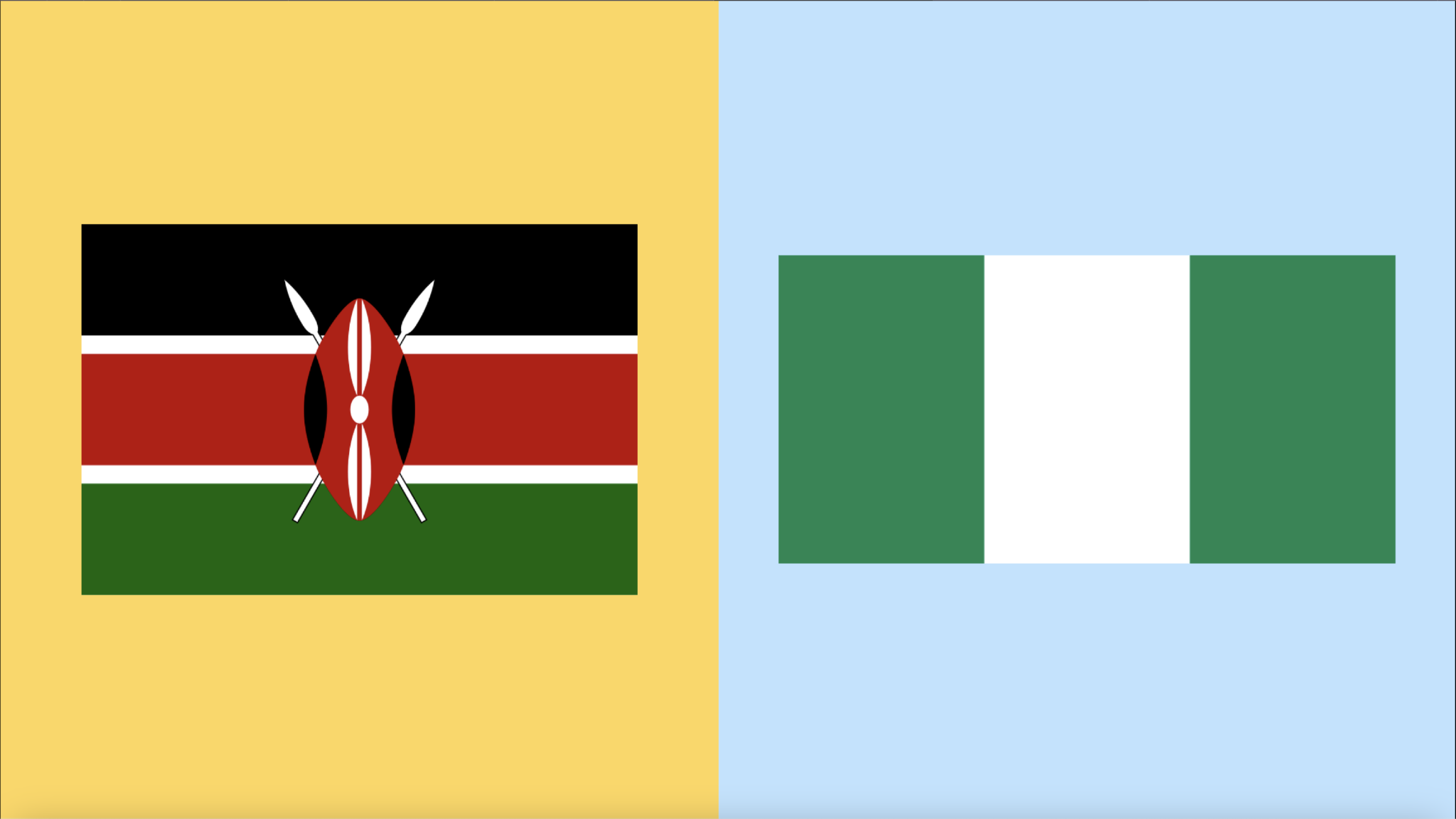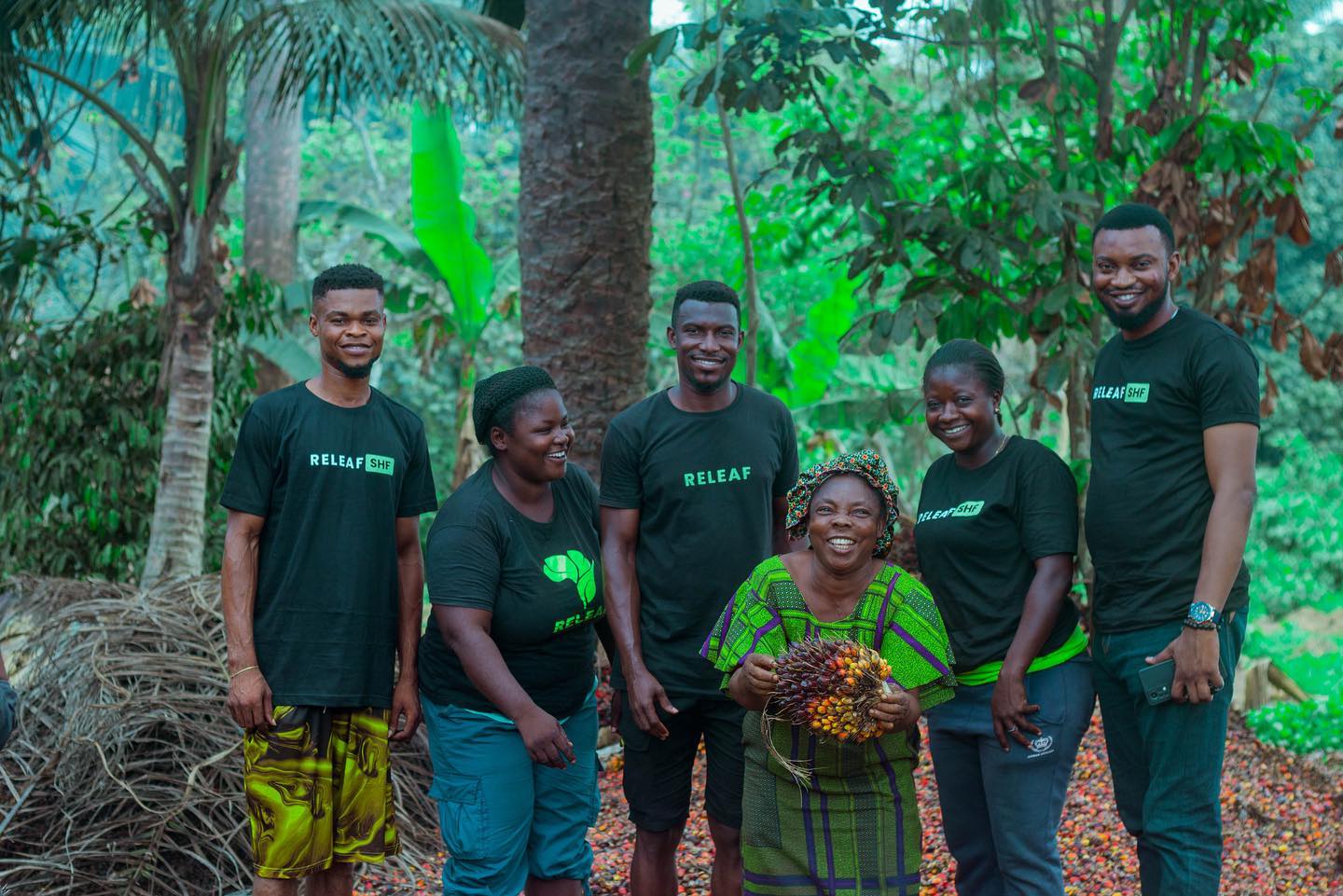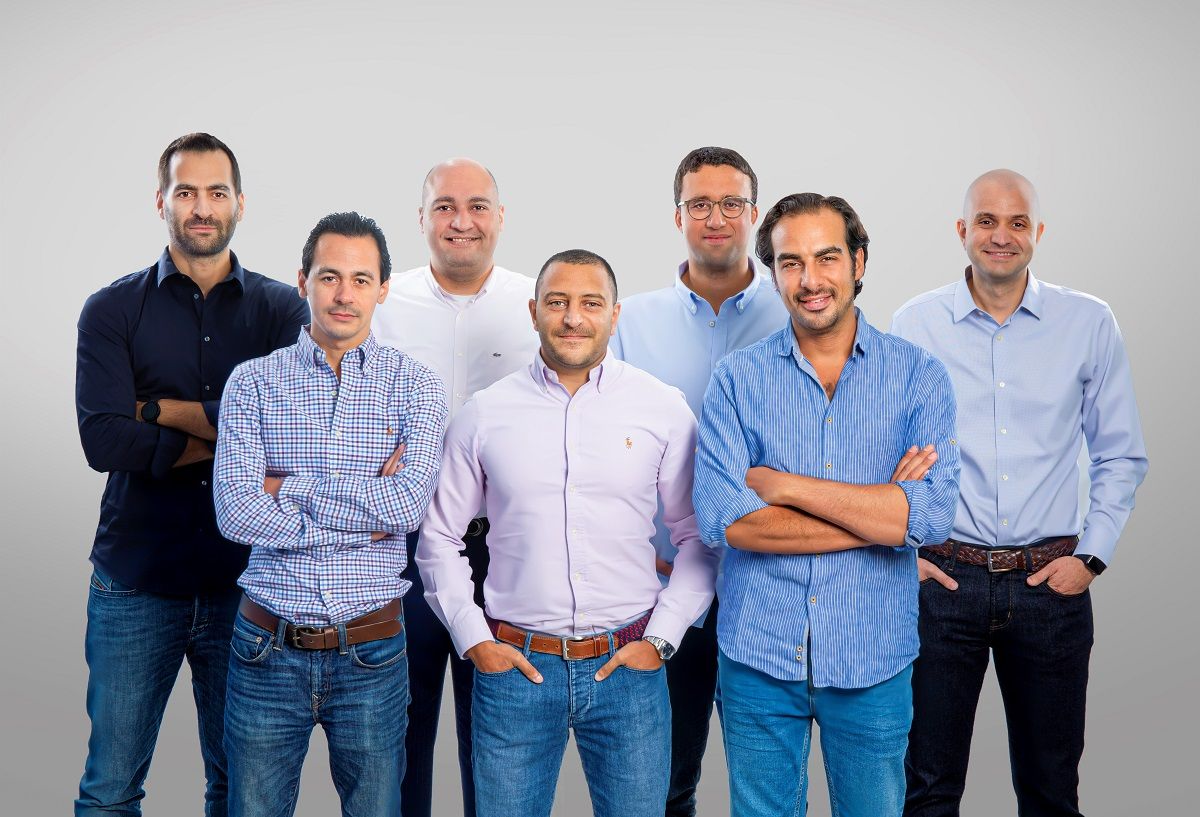As Africa emerges as a hub for technological innovation, Kenya and Nigeria have positioned themselves at the forefront of artificial intelligence (AI) development. Both countries recently unveiled their national AI strategies—Kenya’s for 2025–2030 and Nigeria’s for 2024–2028. While these strategies share similarities in their ambitions to leverage AI for socio-economic growth and technological leadership, their approaches reflect the unique contexts and priorities of each nation.
This article delves into the visions, pillars, and challenges of both strategies, highlighting how Kenya and Nigeria are shaping the AI narrative in Africa.
A Shared Vision for Growth
Both Kenya and Nigeria envision AI as a transformative tool for economic prosperity, social equity, and global competitiveness. However, their strategies emphasize different strengths and contexts:
- Kenya sees AI as a means to address localized challenges in agriculture, healthcare, education, and public services. Its strategy prioritizes the development of a robust data ecosystem and AI-ready infrastructure powered by renewable energy. The goal is to leverage AI as a catalyst for sustainable development while ensuring inclusivity and ethical principles.
- Nigeria aspires to become a global leader in AI innovation by focusing on economic growth, job creation, and technological advancement. Its strategy highlights the potential of AI to foster new industries, improve service delivery, and position Nigeria as a regional AI powerhouse. The country also emphasizes ethical AI practices and governance to build trust and public confidence.
Both strategies share a commitment to inclusivity, ethical AI, and leveraging local talent while fostering international partnerships. Yet, Kenya’s focus leans more toward sustainability and localized solutions, while Nigeria prioritizes large-scale economic transformation and technological leadership.
Strategic Pillars: Building Blocks for Success
The strategic pillars in both countries’ plans highlight their unique approaches:
Kenya: A Focus on Sustainability and Local Impact
- AI Digital Infrastructure: Expansion of 5G networks, renewable energy-powered data centers, and local manufacturing of AI hardware.
- Data Ecosystem: Building secure, interoperable systems and high-quality datasets to support AI applications.
- Research and Innovation: Promoting localized AI solutions through partnerships between academia, industry, and government.
Nigeria: A Drive for Scale and Global Leadership
- Foundational Infrastructure: Investment in high-performance computing resources and AI-specific hardware to reduce reliance on foreign technology.
- Ecosystem Development: Establishment of AI Centers of Excellence and talent development programs to nurture a skilled workforce.
- Sector Transformation: Accelerating AI adoption in agriculture, healthcare, education, and other critical sectors.
- Ethical AI Development: Creation of robust governance frameworks and principles for responsible AI use.
- AI Governance: A dedicated regulatory body to oversee AI implementation and ensure compliance with ethical standards.
While Kenya emphasizes sustainability and localized impact, Nigeria’s pillars reflect a broader ambition to become a dominant AI player in Africa and beyond.
Opportunities for Startups and Entrepreneurs
Both strategies present immense opportunities for startups and innovators:
- In Kenya, startups can focus on developing AI tools tailored to local challenges, such as precision agriculture, healthcare diagnostics, and education solutions. The government’s emphasis on sustainability and renewable energy opens new avenues for green AI projects.
- In Nigeria, the vibrant tech ecosystem and focus on economic transformation provide fertile ground for AI-driven industries. Startups can benefit from talent development programs, innovation hubs, and international collaborations, particularly in finance, logistics, and public service applications.
Both countries highlight the role of startups in driving innovation, but Nigeria’s larger market size and emphasis on scaling industries give it an edge in attracting investment.
Challenges and Strategies for Overcoming Them
Despite their ambitions, both nations face significant challenges:
- Infrastructure Gaps: Kenya and Nigeria struggle with limited broadband access and unreliable energy supplies. Kenya plans to address this with renewable energy-powered data centers, while Nigeria aims to invest in high-performance computing resources.
- Talent Shortages: Both countries face a shortage of skilled AI professionals. Kenya focuses on integrating AI education at all levels, while Nigeria emphasizes talent transfer programs and collaborations with global experts.
- Ethical and Regulatory Concerns: Both strategies prioritize the need for robust governance frameworks. Kenya’s focus on ethics and transparency is reflected in its plans to establish AI principles aligned with cultural values. Nigeria, meanwhile, highlights the importance of building public trust through oversight bodies and clear regulatory policies.
The success of both strategies will depend on their ability to address these challenges while fostering an ecosystem that encourages innovation and inclusivity.
A Collaborative Vision for Africa
Kenya’s and Nigeria’s AI strategies highlight two complementary approaches to leveraging AI for national development. Kenya’s focus on sustainability, inclusivity, and localized solutions aligns well with its commitment to addressing pressing societal challenges. On the other hand, Nigeria’s emphasis on economic transformation, talent development, and large-scale industrial impact reflects its ambition to lead the continent in AI innovation.
Rather than competing, these strategies can serve as models for other African nations. By sharing knowledge, collaborating on research, and aligning efforts, Kenya and Nigeria have the potential to create a unified African AI ecosystem that harnesses the continent’s unique strengths and addresses its shared challenges.
As both nations move forward, their success will be measured not just by technological advancements but by the tangible improvements AI brings to the lives of their citizens. Through innovation, ethics, and collaboration, Kenya and Nigeria are charting a new course for Africa in the global AI landscape.





